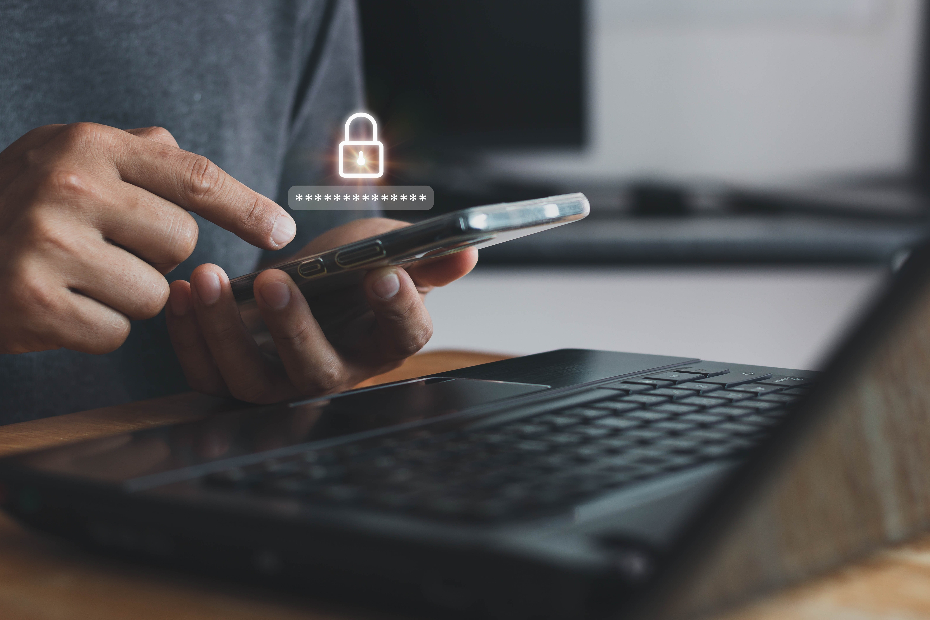While the main benefit to working from home right now is to help protect your health, there are many other benefits to working from home. If you’re not used to it, working from home can take some getting used to.
These aren’t normal times. For Canadians it’s not simply about working-from-home: it’s about getting work done in the midst of a global financial & health crisis.
To help you stay healthy — and productive — here are nine helpful tips for creating an ideal workday.
Before the Work Day Begins
1. Go outside
Your morning commute is now shorter — probably much shorter. That’s great in some ways, but commuting does offer several benefits; moderate exercise, time to read or listen to music, or catch up on news and emails.
So, if conditions allow, go for a short walk or run before powering up your computer. At the very least, it’ll mean you have to change out of your pajamas before sending off those first few emails.
2. Prepare your workspace
Messy visual surroundings can make it difficult for the brain to focus on other tasks. Clear off any non-work related items from your workspace. Make sure any domestic tasks that may distract you as you work — like breakfast dishes left in the sink — are done.
At work
3. Practice good time management
To save energy for your most important tasks of the day, do any short and simple tasks immediately.
One time management method, Pomodoro Technique®, has you splitting the workday into 25-minute chunks, separated with five-minute breaks. You can use the online Tomato Timer to help keep yourself on track.
If you’re working on a larger project, you might not want to break your focused. For those periods you might try the 90-minute focus technique. That means no checking your emails. No getting up to make a new cup of coffee. Just work on the one project until 90 minutes is up. Then follow that up with a 20-minute break.
4. Do video conferencing, the right way
Here’s a few things you can do to help make your video conferencing calls go as smoothly as possible.
- Let your loved ones know you have a call scheduled
If the kids, the dog, or your partner do end up interrupting your video conference call, it’s not a big deal. It’s becoming more common as more people work from home.
- Tidy up your background
Choose a space with natural light if you can. Before your video conference, tidy the area behind you, wipe your screen so the webcam is clear, and check your webcam to see how you look. Are you happy with your camera angle? This might feel silly, but can put you at ease with how you’re presented.
- Dial in early
With more people dialing in these days, servers can get busy. Logging in ahead of the scheduled time may help your calls start on time.
- Test and mute your audio for more clarity
Muting your microphone when you’re not speaking can alleviate background noise or prevent echoing. For added clarity, try using headphones or earbuds for calls.
Tip: If your Wi-Fi is slow and it’s affecting the quality of the call, switching off your webcam should help the video conferencing platform you’re using run more smoothly.
On Your Breaks
5. Go offline
You’re at home. You can take mental and physical breaks from your screens. Hang out with the family. Take a real lunch break. Listen to a relaxing podcast [link to the RBC podcast article here, and or other relevant upcoming articles]. Finding what makes you feel rejuvenated before you come back to work can help ensure your happiness and health.
6. Use technology to avoid procrastination
Acknowledge any procrastination habits. If you’re more tempted when at home to log onto social media or news sites, try out the digital tools designed to block sites you don’t want to go to while working from home.
When the workday ends
7. Set yourself up for the next day
At the end of the work day, jot down the main projects you need to focus on the next day. In addition to starting the work day knowing what needs to get done, planning ahead may help reduce anxiety.
8. Create signals that the working day is over
If your boss normally expects you to be on call at all hours, that likely won’t change just because you’re working from home. But you can take steps to remind yourself, your family and others that the work day is over.
If you have a home office, organize it for the next day, and leave it until tomorrow. If you’ve been working on your laptop from the kitchen table, stow it in a place where it can’t be seen. Tidy up your cables and headphones and any other work gadgets and make that room home again.
Consider changing into some more comfortable clothes, as you may when you come home after work. Or perhaps put on some outdoor clothes and get some fresh air. On coming back to this calm, clean space of yours — where there’s less evidence this was also your office — you may be able relax more. You’re not at work then, you’re at home.
This article is intended as general information only and is not to be relied upon as constituting legal, financial or other professional advice. A professional advisor should be consulted regarding your specific situation. Information presented is believed to be factual and up-to-date but we do not guarantee its accuracy and it should not be regarded as a complete analysis of the subjects discussed. All expressions of opinion reflect the judgment of the authors as of the date of publication and are subject to change. No endorsement of any third parties or their advice, opinions, information, products or services is expressly given or implied by Royal Bank of Canada or any of its affiliates.



















